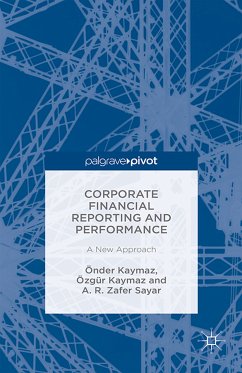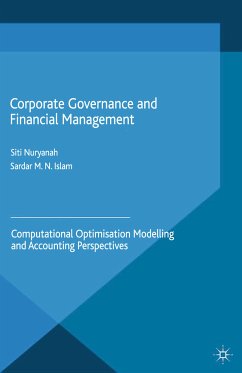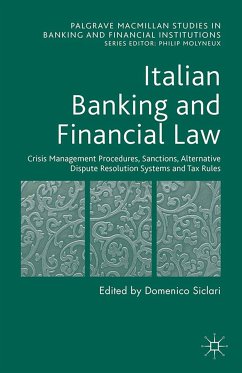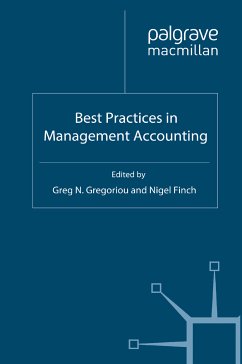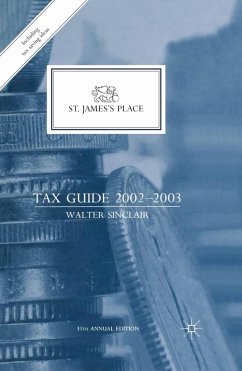Globalization and the accompanying investment facilities available have resulted in rapid popularity for international financial reporting standards (IFRS). However, differences often exist in terms of what firms report, and once inconsistency between tax regulations and financial reporting regulations occur, differences between taxable and accounting practices are inevitable. This book introduces a new approach to corporate financial reporting by investigating goal incongruence (GING) in the context of the principal and agent (PA) setting. The authors argue that improving the method for the disclosure of information would not only increase the quality of corporate financial information and reporting but also reduce the possibility of any GING arising. This book presents the financial implications of international accounting and financial reporting standards (IAS and IFRS), presenting numerous real-life situations, cases, examples and implications to reveal how GING might influence the implementation of corporate financial reporting of profit volumes and sizes, which are the leading drivers of and widely accepted proxies for corporate financial performance.
Dieser Download kann aus rechtlichen Gründen nur mit Rechnungsadresse in A, B, BG, CY, CZ, D, DK, EW, E, FIN, F, GR, HR, H, IRL, I, LT, L, LR, M, NL, PL, P, R, S, SLO, SK ausgeliefert werden.

